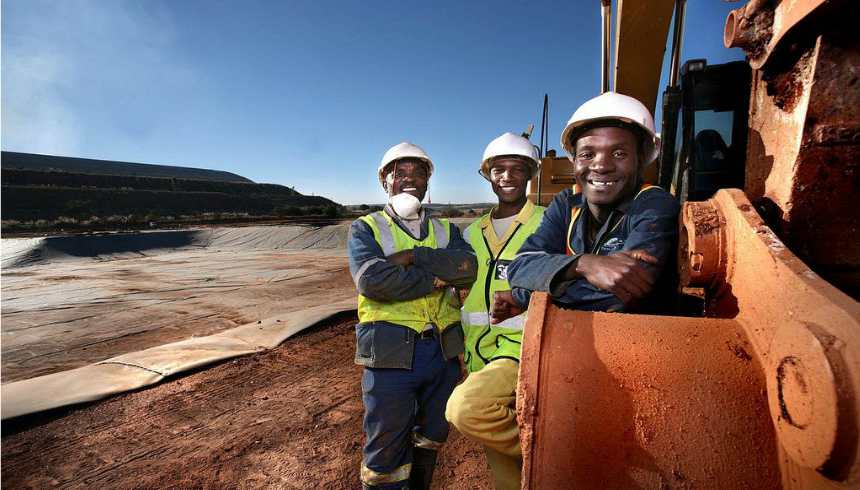
A new United Nations report has underscored the immense potential Africa holds in powering the global energy transition, thanks to its vast reserves of essential minerals like cobalt, chromium, manganese, and platinum.
However, the report also warns that this opportunity is fragile, and poor governance and planning could hinder the continent from fully benefiting from its mineral wealth.
Africa’s mineral resources are crucial to the green technologies that are becoming increasingly vital in tackling climate change.
These so-called “transition minerals” are in high demand globally, with countries and companies scrambling to secure supply chains for renewable energy systems such as electric vehicles, batteries, and solar panels.
The continent’s significant share of these resources positions it as a key player in the future global economy. Yet, the UN Environment Programme (UNEP) report cautions that Africa’s ability to capitalize on these resources remains at risk.
While countries like South Africa have seen some success in tapping into their mineral wealth, the report highlights a series of systemic risks facing the mining sector across the continent.
Political instability, poor governance, and social unrest can quickly turn a mining boom into a curse, leaving behind environmental degradation and economic inequality.
The report points to examples where mineral extraction, if not carefully managed, has led to long-lasting damage, with poor local communities bearing the brunt of environmental and social costs.
For Africa to truly benefit from its mineral resources, the report stresses the need for long-term planning and investment beyond extraction.
Countries must focus on building local industries, strengthening public infrastructure in areas like education and healthcare, and diversifying their economies to avoid an over-reliance on mining. Only by doing so can Africa transform its mineral wealth into sustainable prosperity.
The next decade will be critical in determining whether the continent can unlock its potential.
If African nations can combine responsible resource management with strategic investments in broader economic sectors, they could pave the way for a prosperous and equitable future.
However, without a comprehensive approach, the wealth beneath Africa’s soil risks turning into a source of conflict and environmental degradation.
The UN’s message is clear: Africa stands at a crossroads.
The continent’s vast mineral resources offer a once-in-a-lifetime opportunity to drive economic growth and sustainable development, but this will require effective governance, careful planning, and a commitment to creating lasting benefits for its people.



